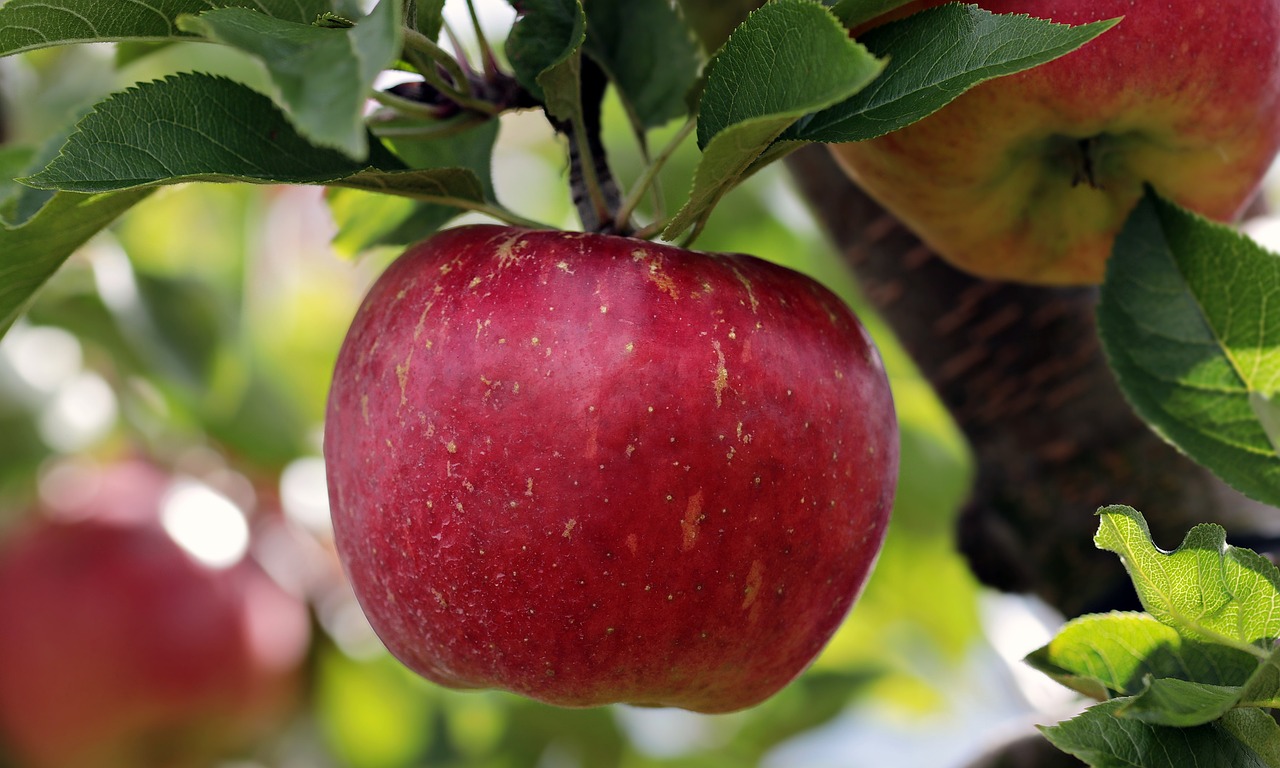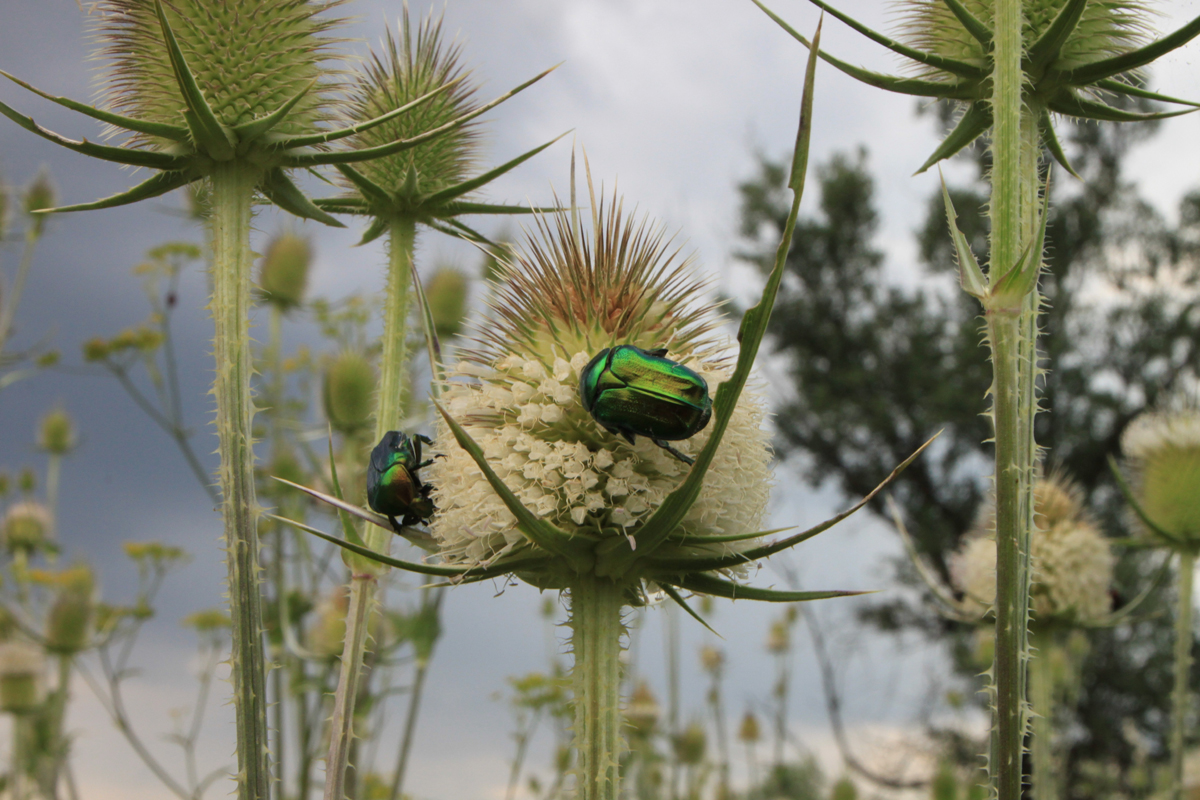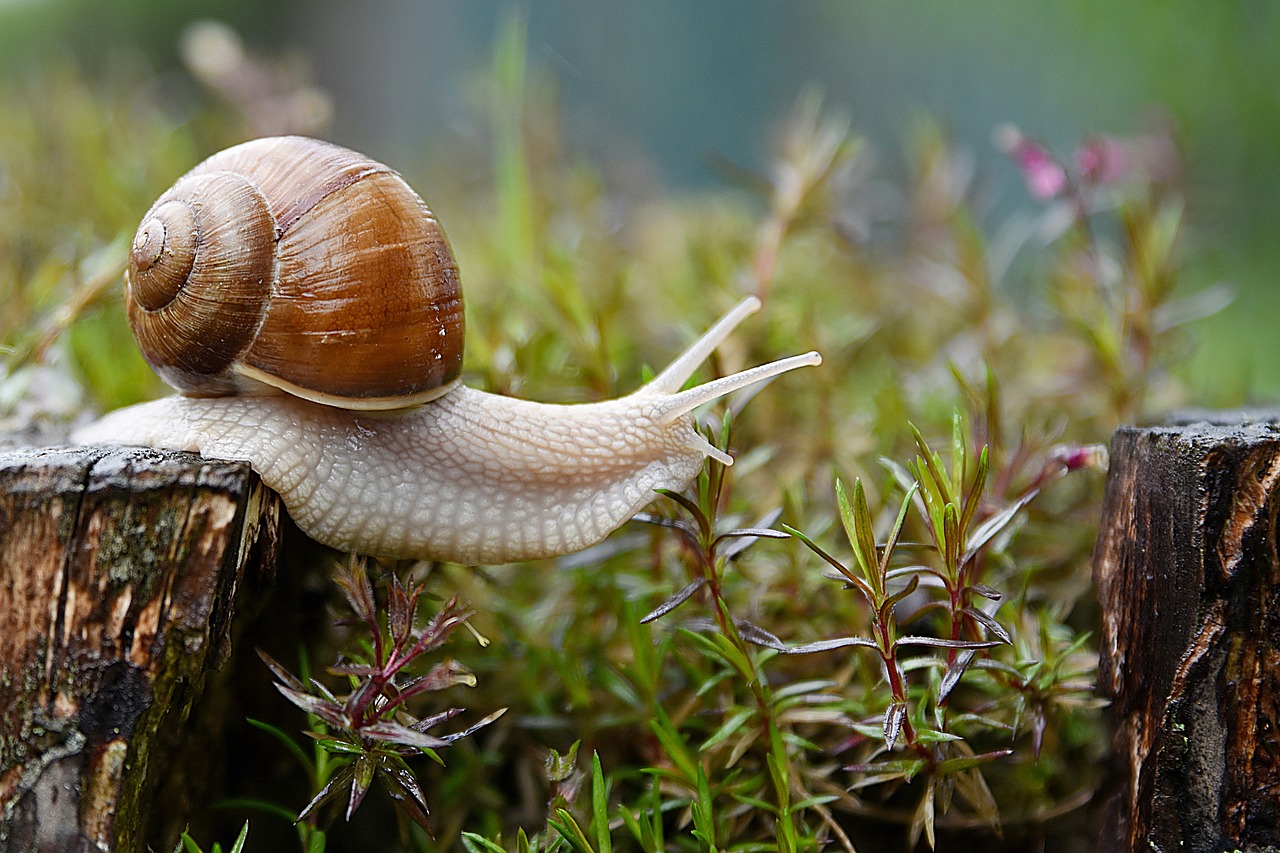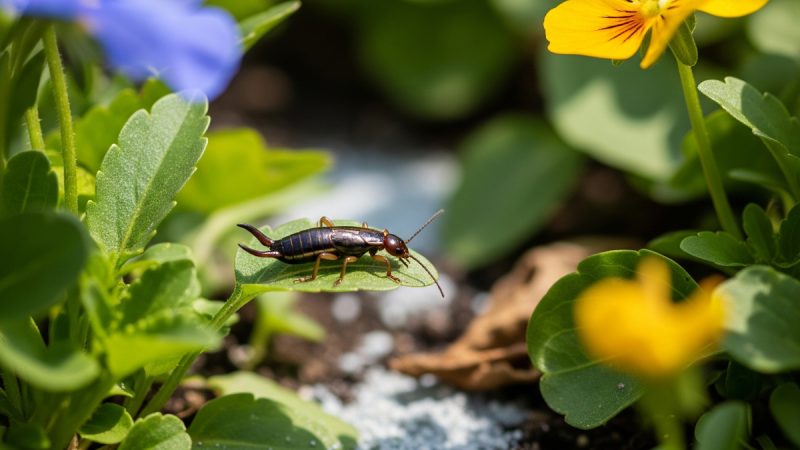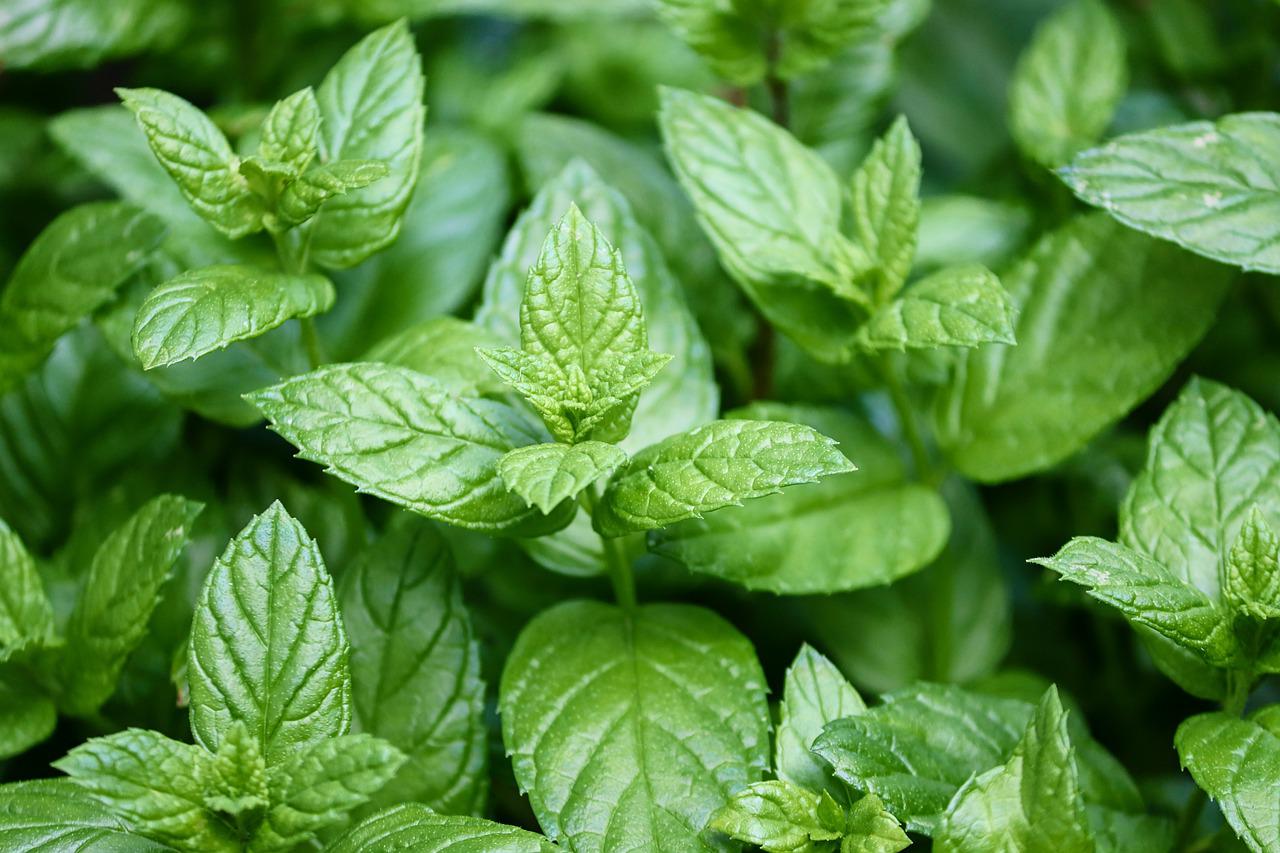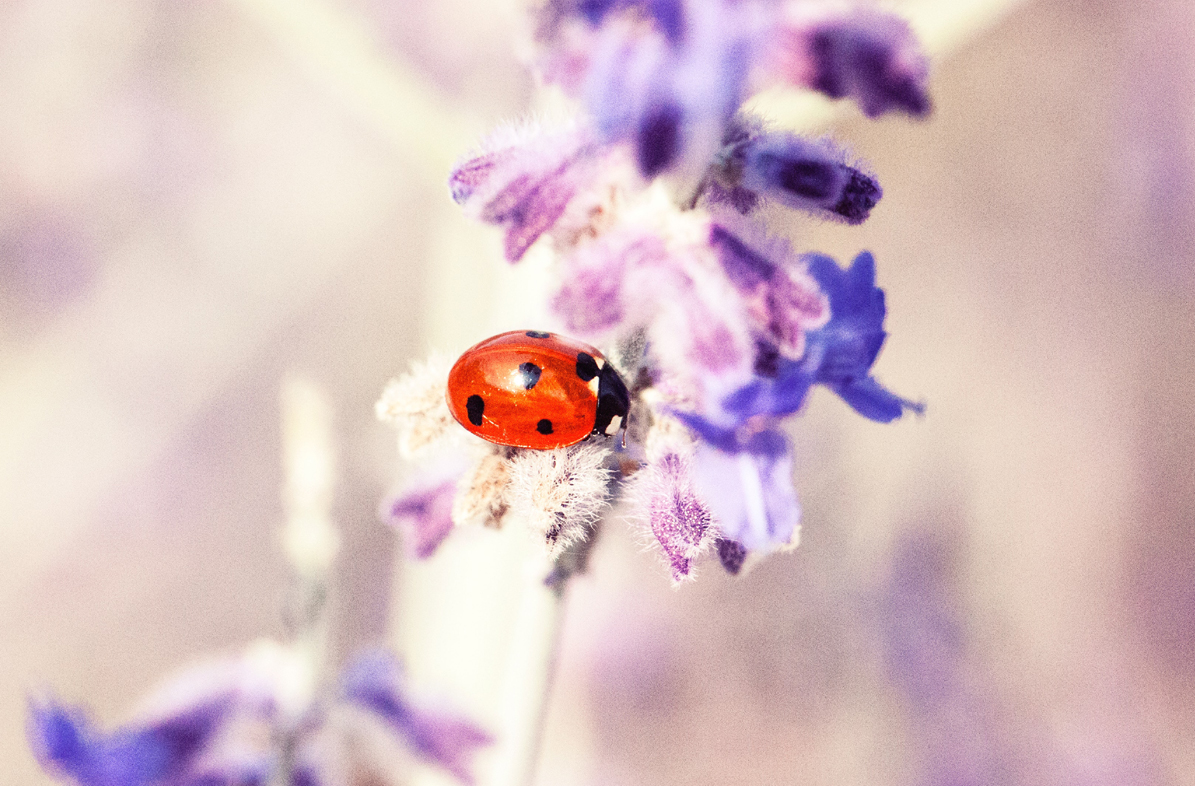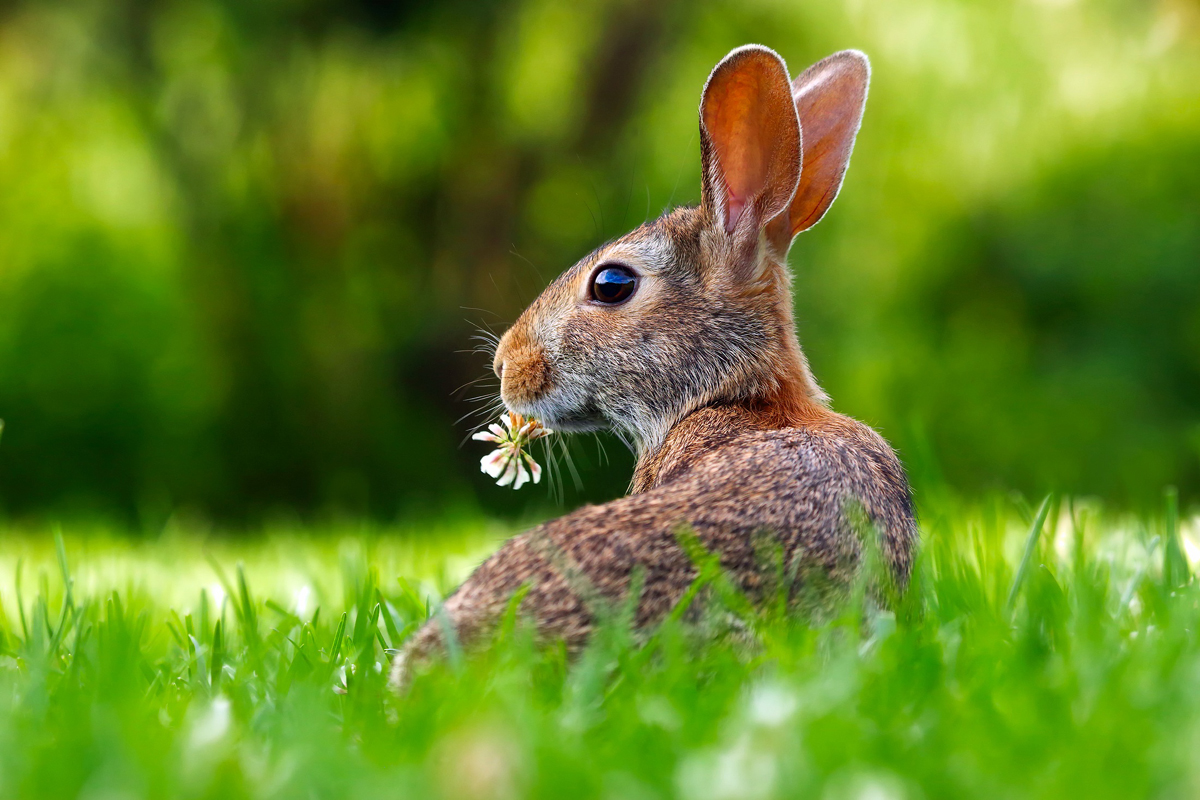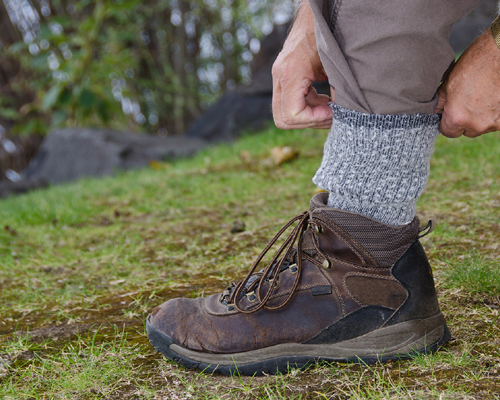How to Use Essential Oils to Repel Insects and Mosquitoes
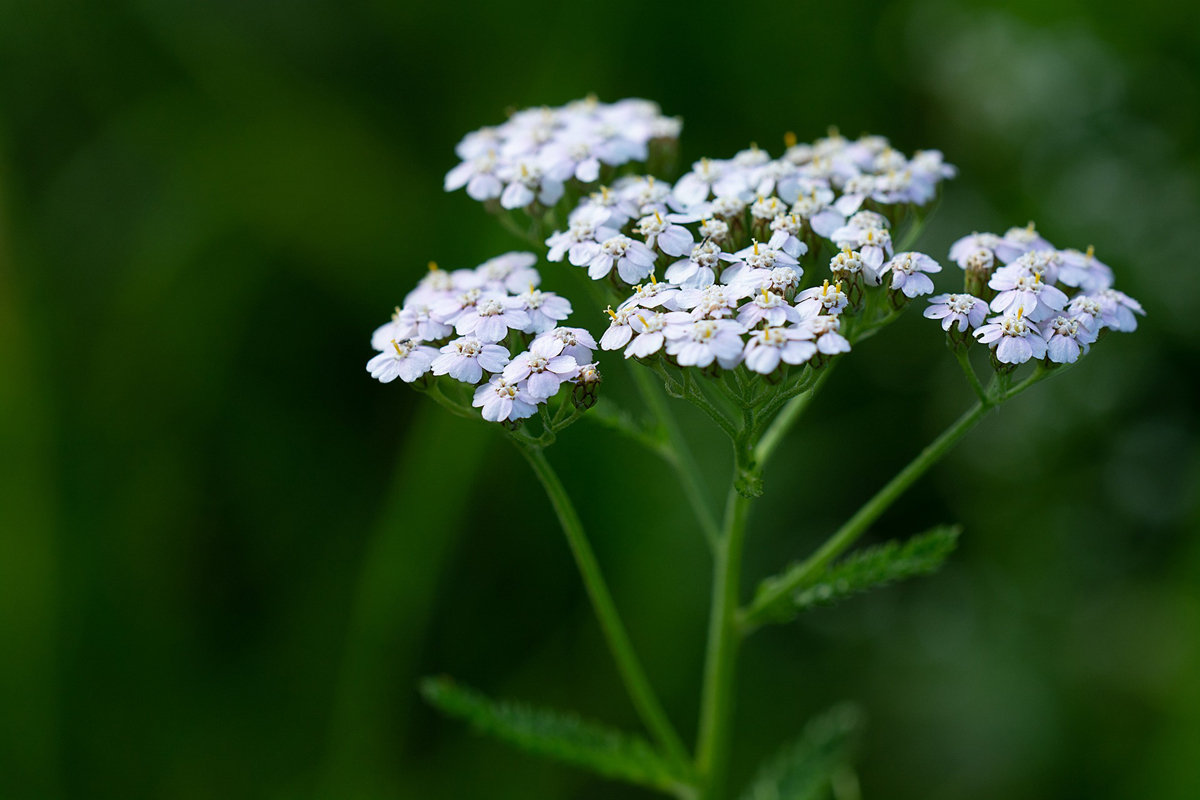
During the time when I started using Essential Oils, I notice that Mosquitoes are getting lesser in my room, with further research I discover that some of the plants from natural sources are insect repellents.
There are Few Ways on How to Use Essential Oils to Repel Insects :
- Distill the essential oils with water and rub over the body (this will last for 30-60mins)
- Showering – Mix essential oils with body shampoo
- Direct rub essential oils on body (for mild essential oils only)
- Use Diffuser – put the diffuser next to your bed (This is my favourite method as the diffuser can last 3 to 8 hours)
What Essential Oils Repel Insects?
Lemon, eucalyptus, Peppermint, Clove, Lavender, Cedarwood or thyme.
So, use the natural insect repellent from Mother earth instead of chemical based repellents! Remember get the therapeutic grade and organic one, other then that no need to consider.
(Here’s a list of Essential Oils i got it from wiki)
Insect Repellents From Natural Sources:
There are many preparations from naturally occurring sources that are repellent to certain insects. Some of these act as insecticides while others are only repellent.
Achillea alpina (Siberian Yarrow) (mosquitoes)
alpha-terpinene (mosquitoes)
Ocimum basilicum (Basil )(NB: a dose similar to the one as a food ingredient should be used for the time being.)
Callicarpa americana (American Beautyberry)
Camphor (moths)
Carvacrol (mosquitoes)
Castor oil (Ricinus communis) (mosquitoes)
Catnip oil (Nepeta species) (nepetalactone against mosquitoes)
Cedar oil (mosquitoes, moths)
Celery extract (Apium graveolens) (mosquitoes) In clinical testing an extract of celery was demonstrated to be at least equally effective to 25% DEET, although the commercial availability of such an extract is not known.
Cinnamon (leaf oil kills mosquito larvae)
Citronella oil (repels mosquitoes)
Clove oil (mosquitoes) (NB: a dose similar to the one as a food ingredient should be used for the time being.) Further information: Oil of cloves
Eucalyptus oil (70%+ eucalyptol), (cineol is a synonym), mosquitoes, flies, dust mites)
Fennel oil (Foeniculum vulgare) (mosquitoes)
Garlic (Allium sativum) (rice weevil, wheat flour beetle) (NB: a dose similar to the one as a food ingredient should be used for the time being)
Geranium oil (also known as Pelargonium graveolens)
Lavender
Lemon eucalyptus (Corymbia citriodora) essential oil and its active ingredient p-menthane-3,8-diol (PMD)
Lemongrass (NB: a dose similar to the one as a food ingredient should be used for the time being.) Further information: Cymbopogon flexuosus
Lemongrass oil (Cymbopogon species) (mosquitoes)
Marigolds (Tagetes species)
Marjoram (Spider mites Tetranychus urticae and Eutetranychus orientalis)
Neem oil (Azadirachta indica) (Repels or kills mosquitoes, their larvae and a plethora of other insects including those in agriculture)
Oleic acid, repels bees and ants by simulating the “Smell of death” produced by their decomposing corpses. It is a 400 millions years old natural mechanisms helping to sanitize the hives or to escape predators
Peppermint (Mentha x piperita) (mosquitoes)
Pennyroyal (Mentha pulegium) (mosquitoes, fleas), but very toxic to pets.
Pyrethrum (from Chrysanthemum species, particularly C. cinerariifolium and C. coccineum)
Rosemary (Rosmarinus officinalis) (mosquitoes)
Spanish Flag Lantana camara (against Tea Mosquito Bug, Helopeltis theivora)
Solanum villosum berry juice (against Stegomyia aegypti mosquitoes)
Tea tree
Thyme (Thymus species) (mosquitoes)
The Author:
Reiki Practitioner, Healer, SRT Teacher and Energy Therapist.

